As inflation eats away at the paychecks of every working American, many feel uncertain about their financial futures and pessimistic about the future of our country. The American Dream used to be synonymous with opportunity and economic mobility. But the ever-increasing cost of living has stolen that dream from generations of Americans. And it hits women especially hard when they have to pay the government extra money to get necessary items. This is called a “pink tax.”
Many states exempt necessities like groceries and medications from sales tax, while imposing it on other items. Yet, menstrual hygiene products which are necessary for women are not exempt. Lowering or removing taxes on essential goods like menstrual hygiene products would reduce skyrocketing grocery bills and make the cost of living easier to afford. In 2021, American women could expect to spend an average of $200-$300 per year on menstrual products. From 2021 to 2022, the price went up nearly 10%. While the amount of tax varies by state, its elimination would at least be a reduction in that increase.
When school-aged girls don’t have menstrual products available, they simply stay home from school. In one poll, 84% of students said they have missed a class or know someone who missed it because they don’t have access to menstrual products. The pink tax is a problem!
Currently, 22 states still have a pink tax on the books. So, while progress is being made, there is still work to be done. Some retailers and product manufacturers are fighting the tax themselves. In October 2023, CVS announced they reduced the cost of their CVS Health brand menstrual products by 25% and began paying applicable sales tax for menstrual products on customers’ behalf in the 12 states in which they can do so. Similarly, “The Tampon Tax Back Coalition” has been formed by product brands August, Cora, Lola, The Honey Pot, Rael, Here We Flo, Saalt and DIVA. Shoppers who purchase products from these brands can submit a receipt and be reimbursed for the cost of the taxes paid.
It’s important to note the “Pink Tax” isn’t exactly a tax on menstrual products, it’s a sales tax that just doesn’t exclude menstrual products. Katherine Loughead, senior policy analyst with Tax Foundation, told CNN “States that have exempted more and more goods repeatedly have had to raise their sales tax rates over time to generate additional revenue.” Still, it doesn’t seem right to tax something that is necessary, like a hygiene product. Let’s bring down the cost of living by eliminating this unnecessary tax.
